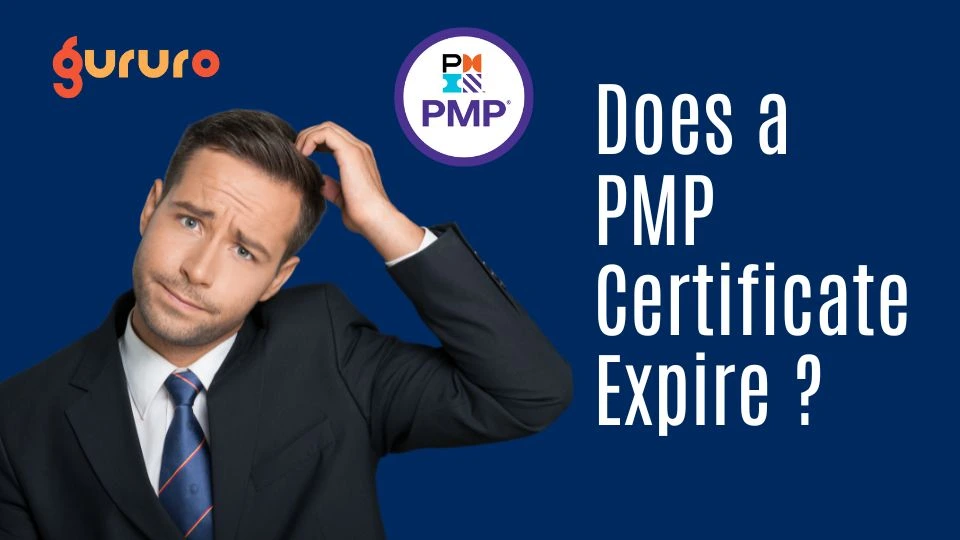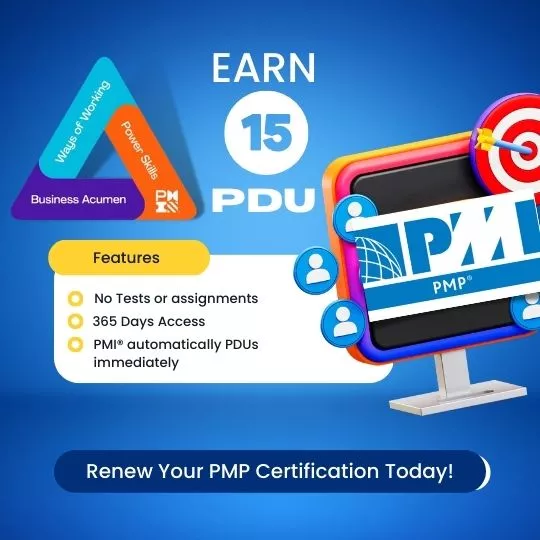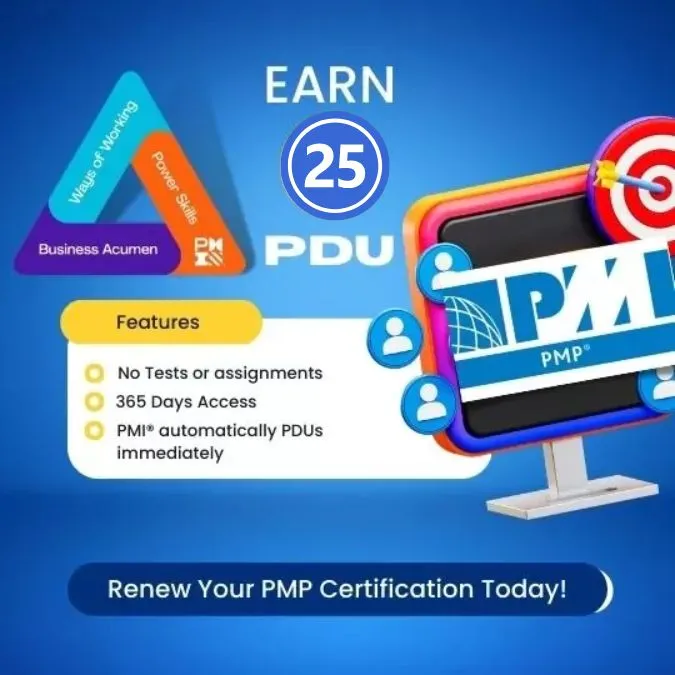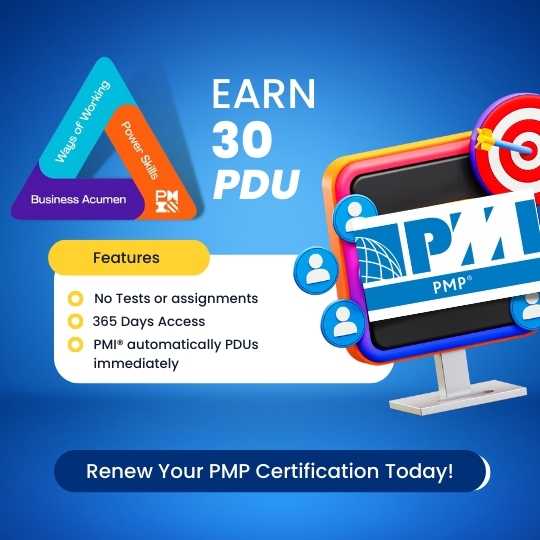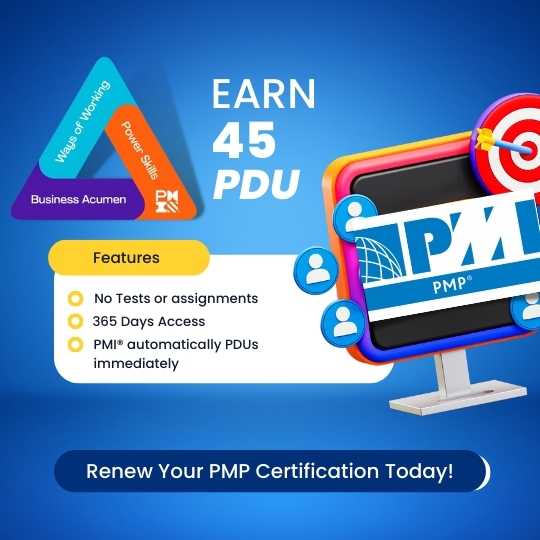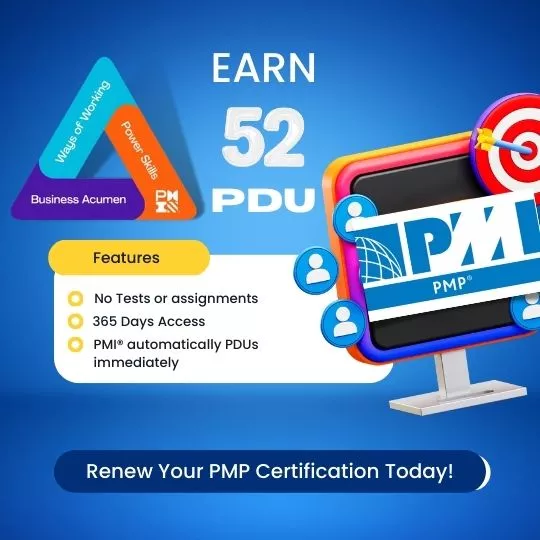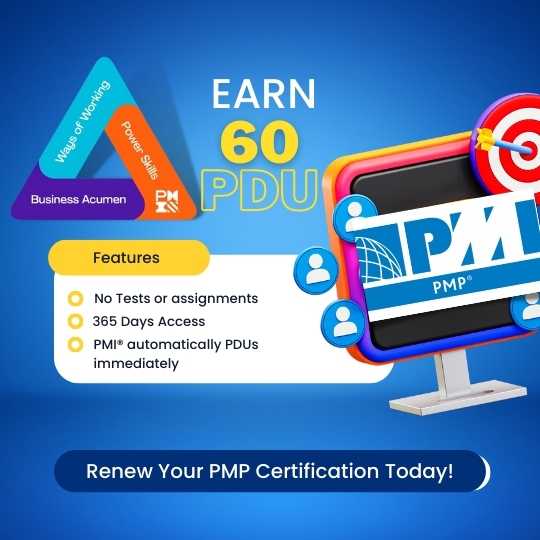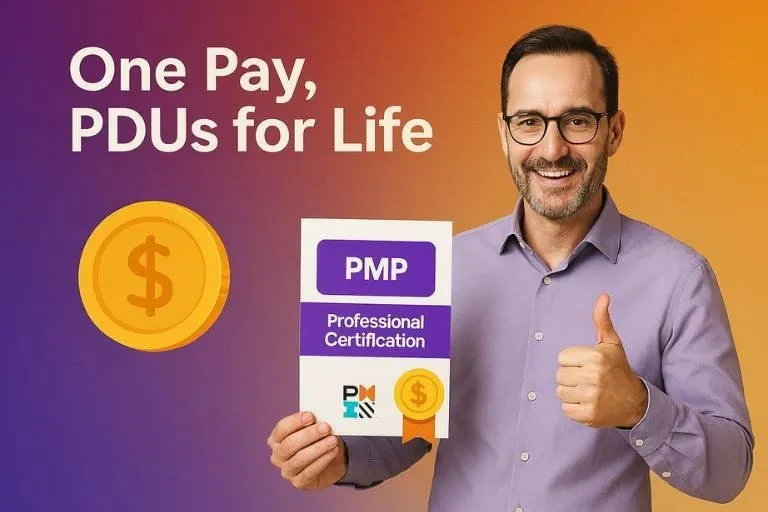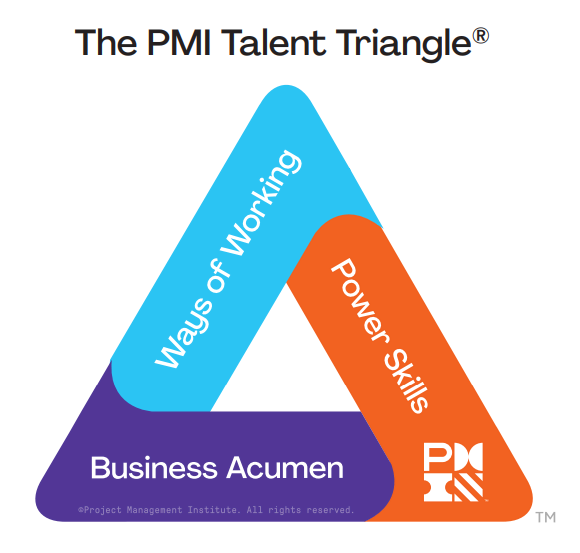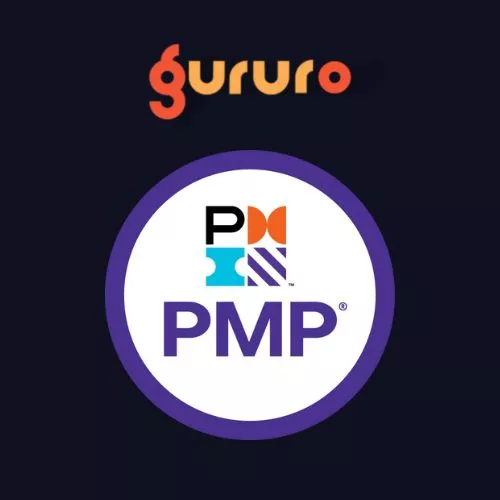The Project Management Professional (PMP) certification is a highly regarded credential for project managers worldwide. However, many professionals wonder: Does a PMP Certificate Expire? The answer is yes, but there’s no need for alarm. This blog will explain how to maintain your PMP certification, what happens when it expires, and the process to keep it active through renewal.
Understanding PMP Certification Validity: Does a PMP Certificate Expire
Once you pass the PMP exam, your certification is valid for three years. During this period, you are considered “In Good Standing,” and the credential remains active. To maintain this status, you must engage in professional development and earn 60 PDUs (Professional Development Units) to renew your certification within the three-year cycle.
In Good Standing
This is the initial phase after earning your PMP certification. During this time:
- Duration: The certification is valid for three years.
- Responsibilities: You must earn 60 PDUs before the three-year period ends to renew your certification.
- Action Plan: It’s important to start planning early on how you’ll accumulate the required PDUs through education or professional contributions.
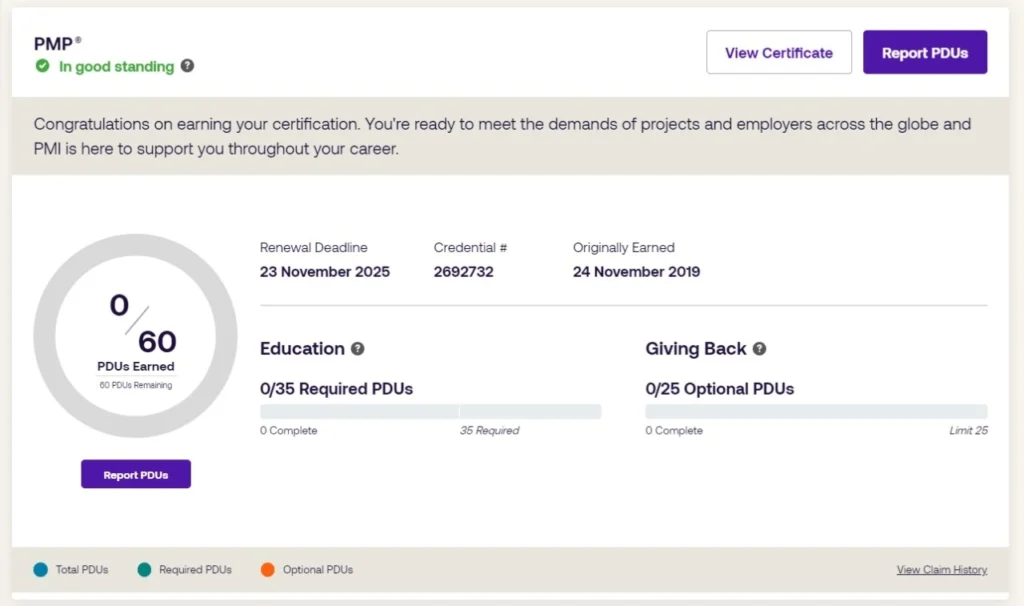
PMP Renewal Process
Renewing your PMP certification is crucial to maintaining your status. The Project Management Institute (PMI) has designed a Continuing Certification Requirements (CCR) program to ensure that PMP holders continue to develop their skills.
Steps to Renew Your PMP Certification:
- Earn 60 PDUs: You must accumulate 60 PDUs within the three-year cycle. These PDUs are divided into two categories:
- Education (Minimum 35 PDUs, Maximum 60 PDUs): These include attending courses, workshops, webinars, or reading relevant materials. Ensure that at least 8 PDUs are earned in each segment of the PMI Talent Triangle: Ways of working, Power skills and Business Accumen.
- Giving Back (Maximum 25 PDUs): Activities like volunteering, mentoring, or contributing to project management knowledge through writing or speaking engagements. Giving back PDUs are optional and you an earn all the required PDUs under Education category.
- Track Your Progress: Use the Continuing Certification Requirements System (CCRS) to log and monitor your PDUs. This online tool helps you stay on top of your renewal requirements.
- Submit Your Renewal Application: Once you’ve earned the required PDUs, submit your application through PMI’s system and pay the renewal fee ($60 for PMI members and $150 for non-members). The renewal fee varies from country to country.
What Happens When PMP Certification Expire?
If you fail to renew your PMP certification before the end of the three-year cycle, your certification status will change. This transition happens in two stages:
PMP Suspended Status
- Definition: When your PMP certification reaches the end of its validity period without renewal, it enters a “Suspended” status.
- Duration: The suspension lasts for one year. During this time, you cannot refer to yourself as a PMP credential holder, nor can you display the PMP designation after your name.
- How to Recover: You can still renew your certification by earning the required PDUs and completing the renewal process within this suspension period. Once completed, your certification will return to good standing. For a detailed guide on handling a suspended PMP certification, refer to our this blog to learn how to renew suspended PMP certification..
PMP Expired Status
- Definition: If you do not renew your certification during the one-year suspension period, your PMP status will change to “Expired.”
- Consequences: An expired certification means you lose all rights to the PMP designation. To regain your certification, you would need to reapply, pay the exam fees, and pass the PMP exam again—a process that can be both time-consuming and costly.
- What to Do Next: If your PMP certification has expired, it’s essential to start the reapplication process as soon as possible. Learn more about the steps to take in this article on How to Renew PMP After Expiry.
Benefits of Renewing Your PMP Certification
Maintaining your PMP certification is crucial for several reasons:
- Career Advancement: Keeping your PMP certification up to date ensures you remain competitive in the job market and are considered for leadership roles.
- Salary Potential: PMP-certified professionals often earn higher salaries compared to their non-certified peers.
- Staying Current: The renewal process ensures you stay abreast of the latest trends and best practices in project management.
- Credibility: An active PMP certification reinforces your commitment to professional growth and excellence.
Tips for Maintaining Your PMP Certification
To avoid the stress of last-minute renewal, consider the following tips:
- Start Early: Begin earning PDUs as soon as your certification period starts. This gives you ample time to accumulate the required units without rushing.
- Diversify Your Learning: Engage in various learning activities, from attending workshops to reading books, to ensure a well-rounded professional development experience.
- Use the CCRS Regularly: Keep your CCRS updated to track your progress and avoid surprises as your renewal date approaches.
- Gururo’s PMP renewal Program: Use Gururo’s PMP renewal program which can help you earn 60 PDUs in just 5 minutes at an affordable price.
Conclusion: Does a PMP Certificate Expire
A PMP certification is a valuable asset that opens doors to numerous career opportunities. However, like all good things, it requires upkeep. By understanding the stages of your certification’s validity and proactively managing your PDUs, you can ensure your PMP certification remains a powerful tool in your professional arsenal. Don’t wait until it’s too late—stay proactive, stay certified, and continue to advance your career.
For more information on handling suspended and expired certifications, check out our detailed blogs on these topics.

